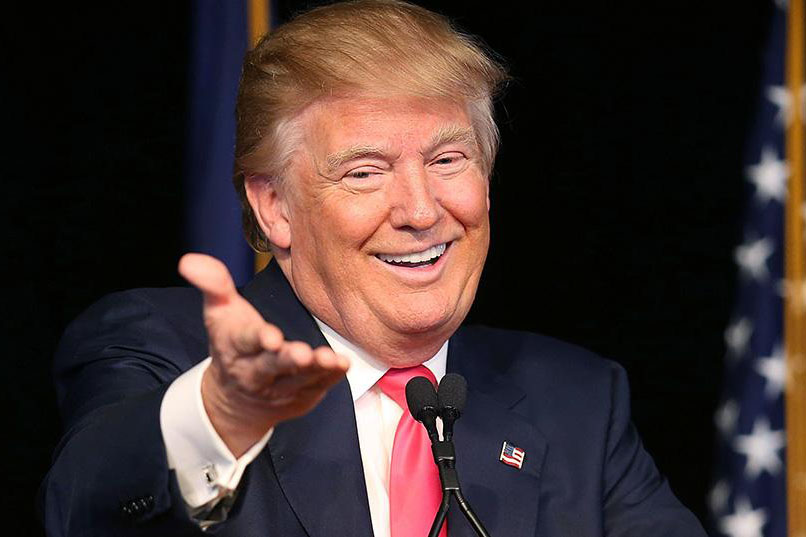Trump and GOP leaders have promised to repeal the Affordable Care Act upon taking control of the White House and Congress. Despite all of the negative political talk regarding the ACA from conservatives, the legislation has been effective in getting more Americans access to healthcare. Since 2013, when the major provisions of the ACA went into effect, the percentage of uninsured Americans has dropped in every state across the country, netting a substantial overall reduction of seven percentage points.
What is likely to happen if the ACA is repealed? Of course, we hope it will be replaced by some form of new healthcare legislation. A group of Republicans released a plan on Wednesday, January 4th, called the “American Health Reform Act of 2017,” which is similar to a plan released back in 2015. The bill would emphasize use of health savings accounts, create substantial tax deductions for health insurance, establish high-risk pools to cover patients with pre-existing conditions, and allow insurers to sell policies across state lines in order to promote competition.
Critics of the conservative replacement plan are wary of health savings accounts, in which patients save a portion of their income for future medical expenses tax-free, citing that many low-income individuals will not be able to contribute to their HSA in meaningful amounts. Democrats also resist creating high-risk pools, citing that they did not work well before the ACA. Also, any reductions in the Medicaid expansion would cost states billions of dollars, forcing them to cut back on Medicaid eligibility and benefits.
Given the difficulty of creating a viable healthcare plan—whether the aforementioned bill or another—and getting the necessary votes in Congress, Republicans may settle to modify the ACA instead of completely repealing it. This may include tightening enrollment rules to reduce costs, allowing insurers more flexibility to set premium prices, and creating incentives for people to maintain health insurance instead of legally mandating it. Such modifications, in cooperation with Democrats, could make it easier for the GOP to get the needed votes to pass the bill through Congress.
It is also possible that the ACA will be repealed with nothing to replace it. This would have the disastrous effect of leaving as many as 30 million Americans without health insurance. Yet for now, we must wait for President-elect Trump and the Republican-controlled Congress to make further strides in their policy agendas, whether they turn out to benefit or harm our healthcare system.
- Meyer H. Obamacare lite deal may look increasingly attractive to GOP. Modern Healthcare. January 4, 2017. http://www.modernhealthcare.com/article/20170104/NEWS/170109980/obamacare-lite-deal-may-look-increasingly-attractive-to-gop
- Livingston S. House Republicans roll out new ACA replacement plan. Modern Healthcare. January 4, 2017. http://www.modernhealthcare.com/article/20170104/NEWS/170109972/house-republicans-roll-out-new-aca-replacement-plan
- Muchmore S. Could delayed replacement save key parts of Obamacare? Modern Healthcare. January 4, 2017. http://www.modernhealthcare.com/article/20170103/NEWS/170109994/could-delayed-replacement-save-key-parts-of-obamacare
Jason Paul Singh is a student at The University of Arizona College of Medicine – Phoenix, class of 2020. He graduated summa cum laude from the University of Michigan – Ann Arbor with a BS in economics. His academic interests include alternative healthcare models and methods to improve efficiency in medicine. In his spare time, Jason enjoys traveling, reading and running. Please feel free to contact him at jpsingh[at]email.arizona.edu with any questions or comments.

